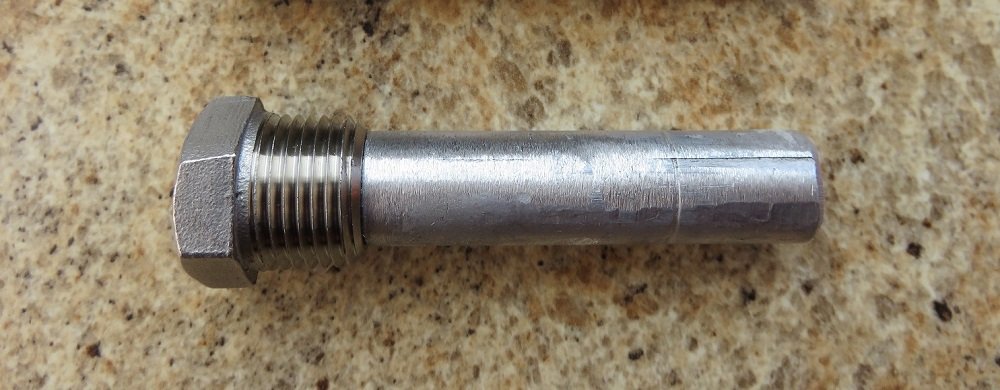Marlinmike
Guru
I've flushed out outboards in my early years, remember pulling exhaust plate (V6) and it was encrusted in crystallized salt like I never flushed it, I guess it could have been worse.
I have a easy setup for winterizing my diesels, I just don't do it in season as I find those that do have a tendency to stay at the dock more, I rather just fire it up and take a short ride if I want to without thinking, oh I have to flush out again when I get back. They are 16 years old and do my standard maintenance routine and all is fine.
It certainly not a bad thing, but if you use the boat a lot I think it gets subjective.
I have a easy setup for winterizing my diesels, I just don't do it in season as I find those that do have a tendency to stay at the dock more, I rather just fire it up and take a short ride if I want to without thinking, oh I have to flush out again when I get back. They are 16 years old and do my standard maintenance routine and all is fine.
It certainly not a bad thing, but if you use the boat a lot I think it gets subjective.







